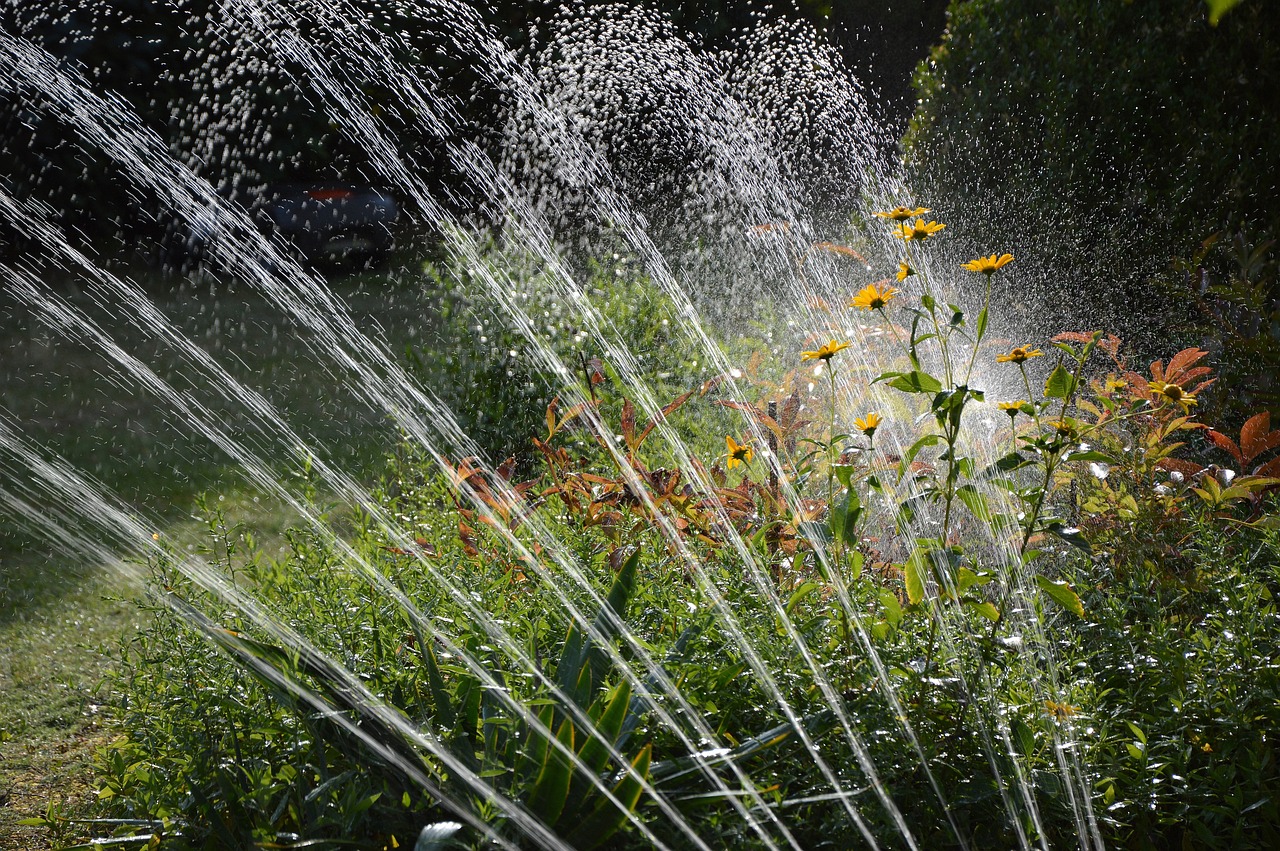This post may contain affiliate links which means I may receive a commission for purchases made through links. Learn more on my Private Policy page.
Hello, farmers! Are you looking to improve the energy efficiency of your farm irrigation system? In this article, we will provide you with a step-by-step guide on how to upgrade your system for better energy conservation. By following these simple tips and tricks, you will not only save on energy costs but also reduce your carbon footprint. Let’s get started on making your farm more eco-friendly and cost-effective!
Is Your Farm Irrigation System Costing You More Than It Should?
Hey there! Are you looking for ways to save on energy costs for your farm irrigation system? Maybe you’ve noticed a spike in your electricity bill lately or are just looking for ways to be more sustainable with your farming practices. Whatever the reason, upgrading your farm irrigation system for energy efficiency is a great way to save money in the long run. In this guide, we’ll walk you through the step-by-step process of upgrading your farm irrigation system to be more energy-efficient. Let’s get started!
Assess Your Current Farm Irrigation System
Before making any changes, it’s important to assess your current farm irrigation system to determine where improvements can be made. Take a close look at all components of your system, including pumps, pipes, valves, and sprinklers. Are there any leaks or inefficiencies that need to be addressed? This assessment will help you identify areas that can be upgraded for energy efficiency.
Evaluate Your Water Usage
Take a look at your water usage and see if you can make any adjustments to conserve water. Are there any areas where water is being wasted or used inefficiently? By optimizing your water usage, you can not only save water but also reduce the energy needed to pump and distribute it. Consider implementing water-saving techniques such as drip irrigation or soil moisture sensors to improve efficiency.

Upgrade to High-Efficiency Pumps
One of the most significant upgrades you can make to your farm irrigation system is to invest in high-efficiency pumps. High-efficiency pumps use less energy to pump water, resulting in lower operating costs and reduced energy consumption. Look for pumps that are ENERGY STAR certified and have a high efficiency rating to ensure maximum savings. Additionally, consider installing variable frequency drives (VFDs) to control pump speed and reduce energy usage during periods of low demand.
Optimize Your Irrigation Schedule
Another way to improve energy efficiency is to optimize your irrigation schedule. By watering your crops at the right time and in the right amounts, you can reduce water waste and minimize energy consumption. Take into account factors such as soil type, crop type, weather conditions, and evapotranspiration rates when creating your irrigation schedule. Consider using smart irrigation controllers that adjust watering times based on real-time weather data for even greater efficiency.

Replace Outdated Pipes and Valves
Old and inefficient pipes and valves can lead to water waste and increased energy usage. Consider replacing any outdated or leaking pipes and valves with newer, more efficient models. Look for pipes made from durable materials that resist corrosion and minimize friction loss. Additionally, consider installing pressure regulating valves to maintain consistent water pressure throughout your irrigation system, reducing energy consumption and increasing overall efficiency.
Implement Drip Irrigation Systems
Drip irrigation systems are a highly efficient way to deliver water directly to the roots of plants, minimizing water waste and energy usage. By using drip irrigation, you can reduce evaporation and runoff, resulting in lower water and energy costs. Drip irrigation systems are especially beneficial for row crops, orchards, and vineyards. Consider installing a drip irrigation system in conjunction with smart soil moisture sensors to ensure optimal water usage and energy efficiency.

Consider Solar-Powered Irrigation
If you’re looking to take your energy efficiency to the next level, consider investing in solar-powered irrigation. Solar-powered irrigation systems use photovoltaic panels to generate electricity for powering pumps and other components of your farm irrigation system. By harnessing the power of the sun, you can reduce your reliance on the grid and lower your energy costs. While the upfront costs of a solar-powered irrigation system may be higher, the long-term savings and environmental benefits make it a worthwhile investment.
Monitor and Maintain Your System Regularly
Once you’ve upgraded your farm irrigation system for energy efficiency, it’s essential to monitor and maintain it regularly to ensure optimal performance. Keep an eye out for any leaks, clogs, or malfunctions that may be affecting your system’s efficiency. Regular maintenance and inspections can help you catch issues early and prevent costly repairs down the line. Consider keeping a maintenance schedule and checklist to stay on top of your system’s upkeep.
Conclusion
Congratulations on taking the first step towards upgrading your farm irrigation system for energy efficiency! By following the steps outlined in this guide, you can make significant improvements to your system that will not only save you money but also benefit the environment. Remember to assess your current system, evaluate your water usage, invest in high-efficiency pumps, optimize your irrigation schedule, replace outdated pipes and valves, implement drip irrigation systems, consider solar-powered irrigation, and monitor and maintain your system regularly. With these upgrades, you’ll be well on your way to a more sustainable and energy-efficient farm irrigation system. Happy farming!
This post may contain affiliate links which means I may receive a commission for purchases made through links. Learn more on my Private Policy page.
